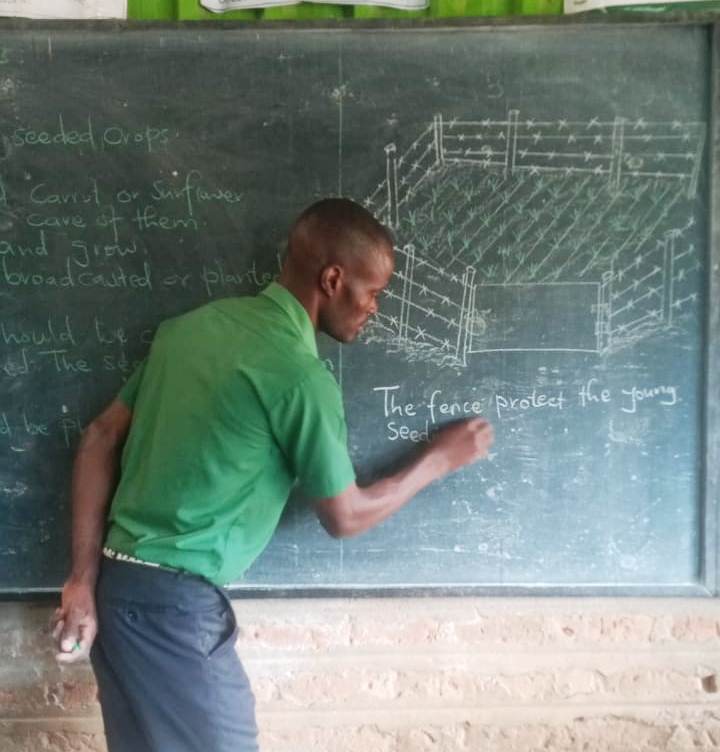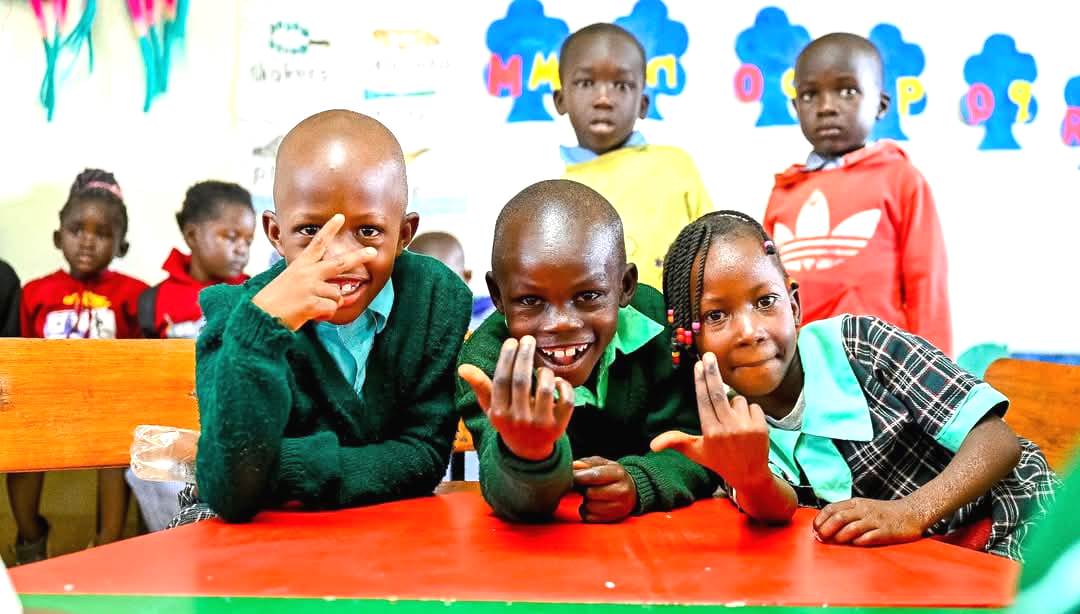By Phelesia Waburiri
It is common to hear people referring to students who fail in their examination as failures despite the fact that many academic lower performers have progressed on to be renowned innovators, entrepreneurs, artists, investors and the list can be endless.
This is because success in the society has been measured by examination ranking.
Owing to this perception most Kenyans were shocked at the results of the 2016 Kenya Certificate of Secondary Education. Only 141 students had scored a mean grade of A when the then Education Cabinet Secretary Dr. Fred Matiang’i released the exams.
This was a drop from the previous year’s excellent performance with 2636 students scoring an A mean grade.
This overemphasis on exams has however overlooked the fact that in order for education to be a meaningful pillar for development; it has to be realigned with forever changing market needs.
‘When educating the minds of our youth, we must not forget to educate their hearts.’ Dalai Lama.
This quote can only remind us that the education system should be able to produce a holistic learner, a person with both knowledge and skills to independently create a job opportunity by utilizing available resources.
It is unfair to find school graduates lamenting for lack of employment yet they should have acquired knowledge to make them self reliant. It should not just be books.
The introduction of the 8-4-4 education system in 1984 was meant to provide the necessary skills that could orient the youth to self employment.
Drop outs from the system could go into self employment or secure employment into the informal sector.
The 8-4-4 examination ranking system has however been argued to be burdensome to learners.
Academic ranking is a measure of promoting competition, however when pushed further it could be a recipe for malpractices.
Examination cheating is an example of malpractice because people are struggling to meet the required grades.
If such a malpractice is not curbed, it could result into high education performers but with improper skills for the labour market.
Bright students who are ranked highly in examination have transited to the next level.
The weak ones have however, either been forced to repeat the class in order to perform better. For some, not performing well is the cause of exit from the system.
This does not mean that nothing productive could come out from them.
The number of graduates was for a long time minimal with few students qualifying for courses such as Law, Engineering and Medicine. University education was a preserve for bright students. The proliferation of universities came with increased number of university students. Many technical institutions were upgraded to campuses in order to accommodate the increased student population.
“Students should not get a raw deal from the universities.” This is according to Prof Chacha Nyaigotti as quoted recently.
Prof Chacha, the chairman of the Commission for University Education insists that universities must stick to their mandate as he was quoted speaking during the closure of Presbyterian University of East Africa.
The 2017 KSCE results had 35,536 students scoring below an E mean grade. This was almost 5 per cent of 615 773 total number of students who sat for the examination.
It is in the face of such low grades that we need to embrace a new education transition as a country.
The roll out of the new education curriculum is a Government reform which aims at providing a smooth transition of all children from one level to another.
The 2-6-3-3 system constitutes of 2 years of junior education, 6 years of Primary education, 3 years of Junior Secondary education and 3 years of Senior Secondary education.
key feature of the new curriculum is its focus on nurturing every student’s abilities and potential. It aims to provide steady progression based on individual performance at every stage.
Students will be encouraged to specialize and take careers in their areas of interest.
Low performers will not be judged harshly by the society. The system will be able to accommodate their unique abilities and nurture them.
They could possibly end up as future innovators or entrepreneurs.
The writer is a Communication student at Moi University.





